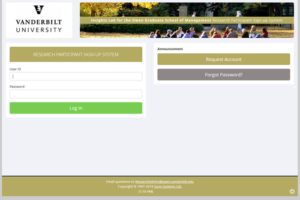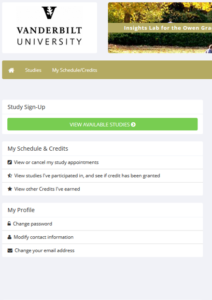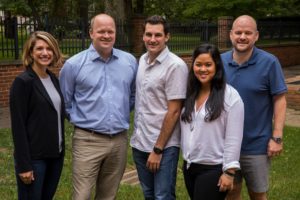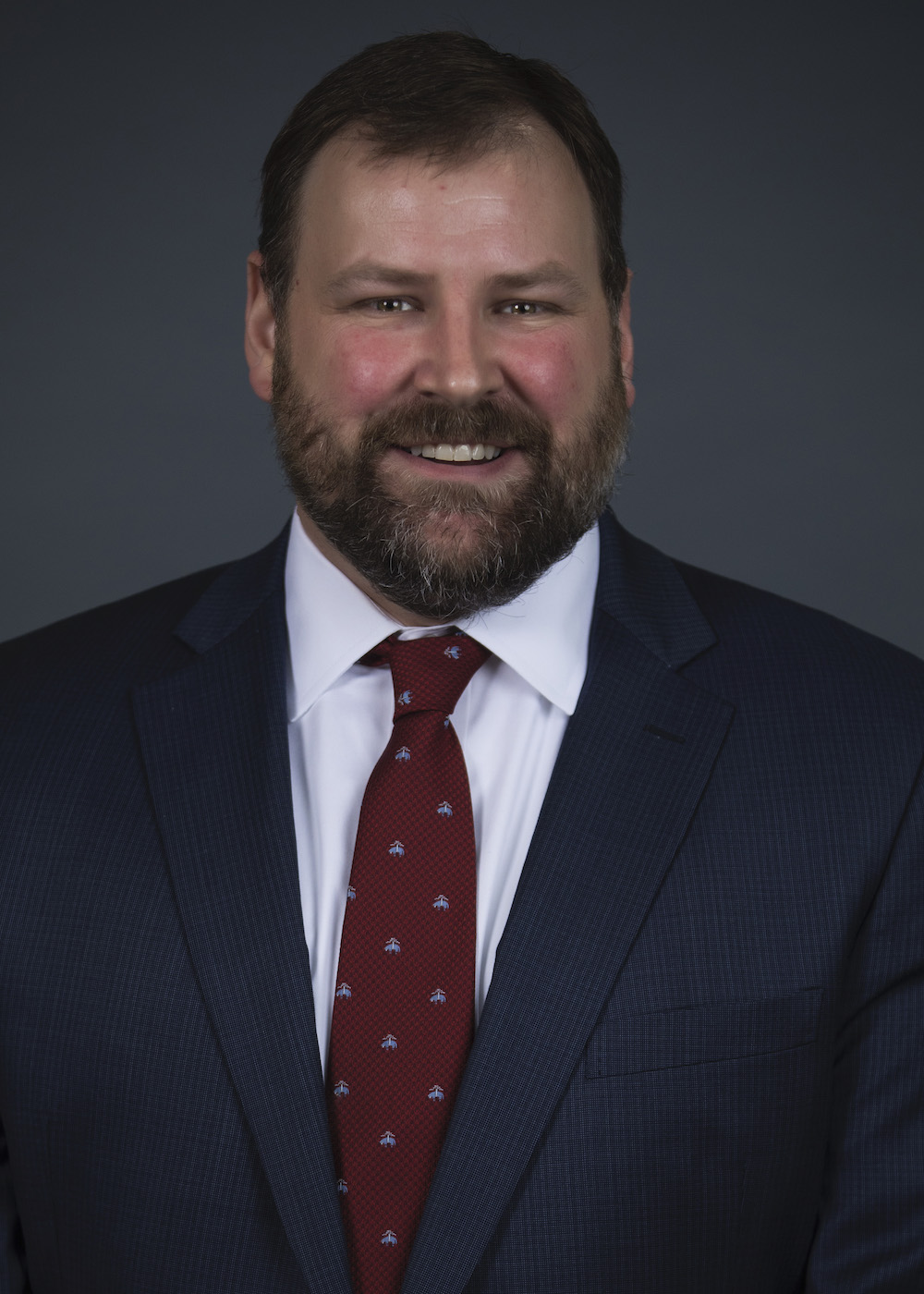Events & Promotions
|
|

GMAT Club Daily Prep
Thank you for using the timer - this advanced tool can estimate your performance and suggest more practice questions. We have subscribed you to Daily Prep Questions via email.
Customized
for You
Track
Your Progress
Practice
Pays
Not interested in getting valuable practice questions and articles delivered to your email? No problem, unsubscribe here.
- Nov 20
07:30 AM PST
-08:30 AM PST
Learn what truly sets the UC Riverside MBA apart and how it helps in your professional growth
Kudos
Bookmarks
| FROM Owen Press Releases: A Message from Dean Johnson |
|
Dear Members of the Owen Community, I’m saddened, troubled, and angered by the death of George Floyd and all of the violent deaths our country has witnessed as evidence of racism and injustice. He is the latest of too many reminders of the systemic discrimination that black and brown people face in America on a daily basis – one strong enough to ignite a reaction in America larger than we have seen in decades. The multitude of reactions and opinions, alongside the constant flow of new and repackaged information, can shine a bright light on a dark situation. But it can also overwhelm, obfuscate, and dishearten, especially at a time when many already feel disconnected. In moments like these, it’s important for leaders to speak up and show where they stand. I, along with the entire community at Vanderbilt Owen Graduate School of Management, condemn racism in any form. Racism runs counter to our commitment to diversity and inclusion, a foundational element of our mission. Racism undermines the safe, close-knit, and collaborative community we strive to build for students throughout their time at Vanderbilt and beyond. Racism is not and will not be tolerated at Vanderbilt University or the Owen Graduate School of Management. We believe that the abilities to collaborate and to genuinely connect with individuals are fundamental to great leadership. To appreciate and celebrate our collective humanity, to listen, to strive for equality in consideration and action – these are hallmarks of excellent leaders, the kind our students seek to become in their careers and lives. These tenets will continue to guide our school through this uncertain time and beyond. Because they evoke our desired state as individuals and as a society. And because they work. Our commitments require continual work, which we will do as a community. Through groups like the D&I Advisory Board and initiatives taken up by faculty, students, and staff, we have made progress over the last few years, but there’s much more to be done. And we will do what’s needed to be done, together. Warmest regards,  M. Eric Johnson Ralph Owen Dean, Bruce D. Henderson Professor of Strategy The post A Message from Dean Johnson appeared first on Vanderbilt Business School. |
This Blog post was imported into the forum automatically. We hope you found it helpful. Please use the Kudos button if you did, or please PM/DM me if you found it disruptive and I will take care of it.
-BB
Kudos
Bookmarks
| FROM Owen Press Releases: How I Got the Job: Administrative Director of Clinical Integration, Vanderbilt Health Affiliated Network |
 Esther Smith Esther Smith (MMHC’16), who has been working in healthcare since 2009, knew that she wanted an advanced degree in healthcare management that would open doors to further opportunities. While working at Ascension Care Management, her colleagues encouraged her to pursue a graduate program, which led her to enroll in the Master of Management in Health Care program in 2015. “At some point, you need an advanced degree to propel you to the next level of your career. And the experience of earning the degree helped set me apart from my peers and prepare for the challenges we face in healthcare today,” Smith said. New doors began opening for Smith while she was still enrolled in the program. Her Healthcare Strategy classes were taught by executives from the medical center, and they asked that she consider exploring opportunities within Vanderbilt. The executives connected Smith with their colleagues, and she began networking. “Networking is essential to helping connect our physician leaders with key strategic planners, so that we can tackle new healthcare obstacles,” Smith said. “A master’s degree from Vanderbilt prepared me to navigate those obstacles, understanding that we are changing the current philosophies surrounding areas such as care standardization.” After a round of interviews, Smith was offered the role as Manager of Clinical Operations for Vanderbilt Health Affiliated Network in 2017. “It was a chance to work and learn in a fast-paced academic medical center. I really enjoyed meeting people and learning the ways Vanderbilt approaches healthcare,” she said. After a year on the job, she was promoted to Administrative Director of Clinical Integration, the role she holds now. Click through Smith’s timeline below to find out how she landed the offer. The post How I Got the Job: Administrative Director of Clinical Integration, Vanderbilt Health Affiliated Network appeared first on Vanderbilt Business School. |
This Blog post was imported into the forum automatically. We hope you found it helpful. Please use the Kudos button if you did, or please PM/DM me if you found it disruptive and I will take care of it.
-BB
Kudos
Bookmarks
| FROM Owen Press Releases: Going Green: Executive MBA Student Team Seeks to Launch Line of Organic Vaccines |
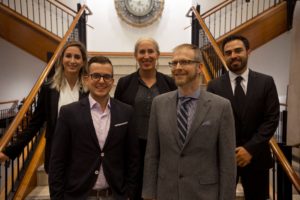 Clean Vax Team Aaron Laviana (EMBA’20) worked as a resident physician at UCLA and then became a fellow at the Vanderbilt University Medical Center before deciding to enroll in business school. While he was at UCLA, he noticed that there was a trend of people choosing organic food and products. He also had detailed conversations with people who were anti-vax, and came to the realization that the reason why many of them were against vaccines was usually the products inside the vaccines, rather than the shots themselves. Laviana combined his observations and came up with an idea of creating vaccines made out of only organic ingredients. “Many of the claims (about vaccines) are unsubstantiated, but (vaccines do) have antibiotics. They have animal products. They have preservatives inside these vaccines, and (I) just came to realize that there’s probably a huge market out there… (for) a new vaccine that doesn’t have any of these products,” he said. Laviana was able to further explore his idea through the Launching the Venture class, which is taught during year two to both the Executive Edge and Global Immersion tracks. In the class, student teams develop a business plan for a startup or an expansion into new areas and present their ideas to venture capital firms for financing. As a participant in the Global Immersion track, Laviana created CleanVax alongside four international teammates — Esteban Tirado, Pete Koat, Heathie Cox, and Bruna Mendes — from Canada, Brazil and Mexico. Laviana was able to further explore his idea through the Launching the Venture class, which is taught during year two. In the class, Executive MBA student teams develop a business plan for a startup or an expansion into new areas and present their ideas to venture capital firms for financing. Along with his teammates Esteban Tirado, Pete Koat, Heathie Cox, and Bruna Mendes, Laviana created CleanVax, a business that provides organic vaccines. 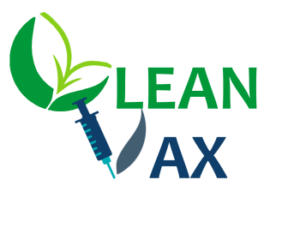 Creating an organic vaccine and marketing it was a unique idea for the Launching the Venture class. “There was some hesitation — we kept thinking this could be so much easier if we pursue some product that we can sell in store, and we can easily calculate the cost of goods sold and the price point, but it’s different, it’s a challenge and (we) decided to go with it,” Laviana said. The CleanVax team immersed themselves into intensive research and networking to develop Laviana’s idea. By collaborating with Creative Biolabs, Laviana’s team were successful in developing a vaccine from organic products. Although Laviana was the only student with a background in medicine, the rest of the team provided the business knowledge to help make CleanVax a reality. “Everyone contributed in a totally unique way. So in order for the project to be successful you need market research, financial modeling, figure out a way to get partners, do our management risk, strategy planning, do our persona based marketing,” Laviana explained. In addition, the Launching the Venture curriculum taught the CleanVax team how to start a business, while the Walker Management Library expanded their research resources. “All the data and giving us resources (helped) from a market research standpoint. Google can only take you so far. And just having those libraries to sort of help us with where to tap into for resources was pivotal,” Laviana said. Looking forward, the next step for CleanVax is to acquire the finances to purchase vaccines and launch their business. “If we don’t make that vaccine, somebody’s going to make it in the next 10 years. So why not go for it and see if we can do something unique here,” Laviana said. The post Going Green: Executive MBA Student Team Seeks to Launch Line of Organic Vaccines appeared first on Vanderbilt Business School. |
This Blog post was imported into the forum automatically. We hope you found it helpful. Please use the Kudos button if you did, or please PM/DM me if you found it disruptive and I will take care of it.
-BB


